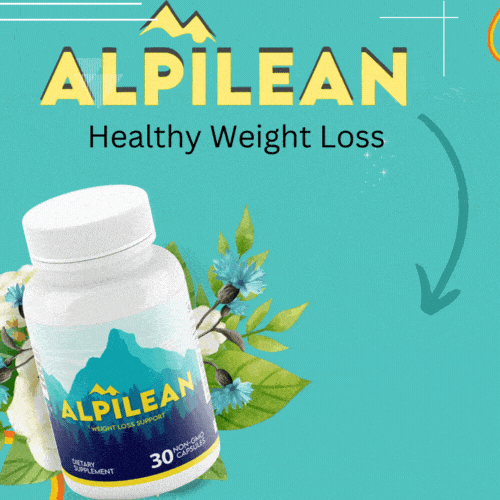Peanut butter, a food product universally cherished for its creamy consistency and distinct flavor, often finds a place in our kitchen cabinets and our meals. But its prominence goes beyond merely satisfying our taste buds. You must have heard your friends and colleagues suggesting you add peanut butter to your diet in order to gain weight.
However, being concerned about our health, we all at times wonder if peanut butter is good for gaining weight or if there can be some issues with that.
Well, here we are to dissolve all our worries by exploring the connection between peanut butter and weight gain. Let us first dig deeper and see the nutritional breakdown.
The Nutritional Breakdown of Peanut Butter
The reason why peanut butter holds considerable potential for weight gain lies within its nutrient composition. To understand this better, let’s unpack the nutritional components found in a standard two-tablespoon serving of natural, unsweetened peanut butter.
| Nutrients | Amount per 2 Tablespoon Serving |
|---|---|
| Calories | 190 kcal |
| Total Fat | 16 grams |
| Total Carbohydrates | 7 grams |
| Protein | 7 grams |
| Vitamin E | 2.9 mg |
| Niacin (Vitamin B3) | 4.4 mg |
| Vitamin B6 | 0.2 mg |
| Magnesium | 57 mg |
The Role of Peanut Butter in Weight Gain
Weight gain, as a physiological process, requires an energy surplus – a state where caloric intake surpasses caloric expenditure. Various foods can contribute to creating this surplus, and peanut butter is one such option.
At around 190 calories per 2 tablespoons, peanut butter is incredibly calorie-dense. Incorporating it into your diet can easily increase your daily caloric intake, helping you gain weight.
The macronutrient distribution of peanut butter aligns well with weight gain goals. The healthy fats and protein in peanut butter serve dual roles: they provide calories for energy surplus and play essential roles in body functions such as building and repairing body tissues, particularly muscle. Moreover, the fiber content of peanut butter can also support a healthy weight gain process.
With that all, the essential vitamins and minerals in peanut butter further enhance its weight gain potential by supporting overall bodily health and functions.
Possible Risks and Warnings
While peanut butter can be a beneficial component of a weight gain diet due to its caloric density and nutrient richness, it’s also important to be aware of potential risks and considerations associated with its consumption.
1: Calorie Control
Peanut butter is high in calories, and while this can support weight gain, overconsumption can lead to excessive weight gain and associated health risks. Portion control is crucial.
2: Quality of Peanut Butter
Numerous commercially available peanut butter include added sugars, hydrogenated oils, and preservatives. Choose natural, unsweetened peanut butter with minimal ingredients for the healthiest option.
3: Allergy Considerations
Peanut butter is a prevalent allergen, and individuals with peanut allergies should refrain from consuming it.
4: Protein Quality
Although peanut butter serves as a good protein source, it is considered an incomplete protein. Therefore, relying solely on peanut butter for protein in one’s diet, especially for those aiming to gain muscle mass, is not recommended. Pair it with other high-quality protein sources for a balanced intake.
Conclusion
As we have seen, peanut butter can indeed be a beneficial addition to a diet aimed at gaining weight, thanks to its high caloric density and rich nutrient content. Its blend of healthy fats, protein, and fiber, coupled with essential vitamins and minerals, makes it an energy-dense food that can support a calorie surplus necessary for weight gain.
However, as with any dietary strategy, balance, variety, and moderation are key. Overconsumption of peanut butter can lead to excessive weight gain and associated health risks, so use it wisely with a balanced diet.













